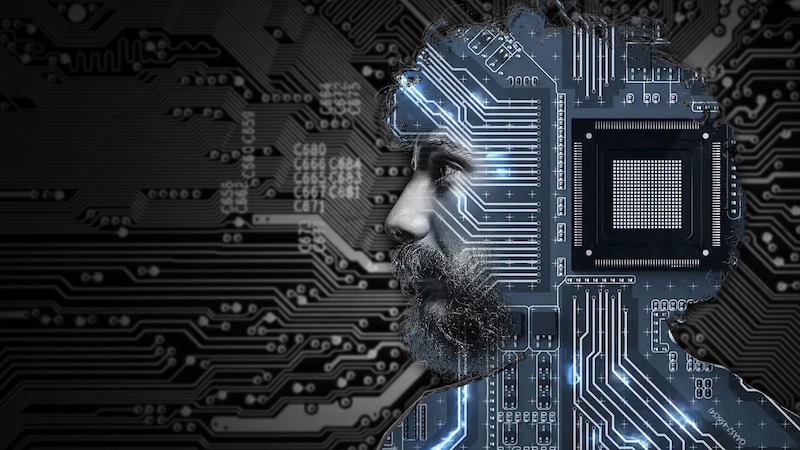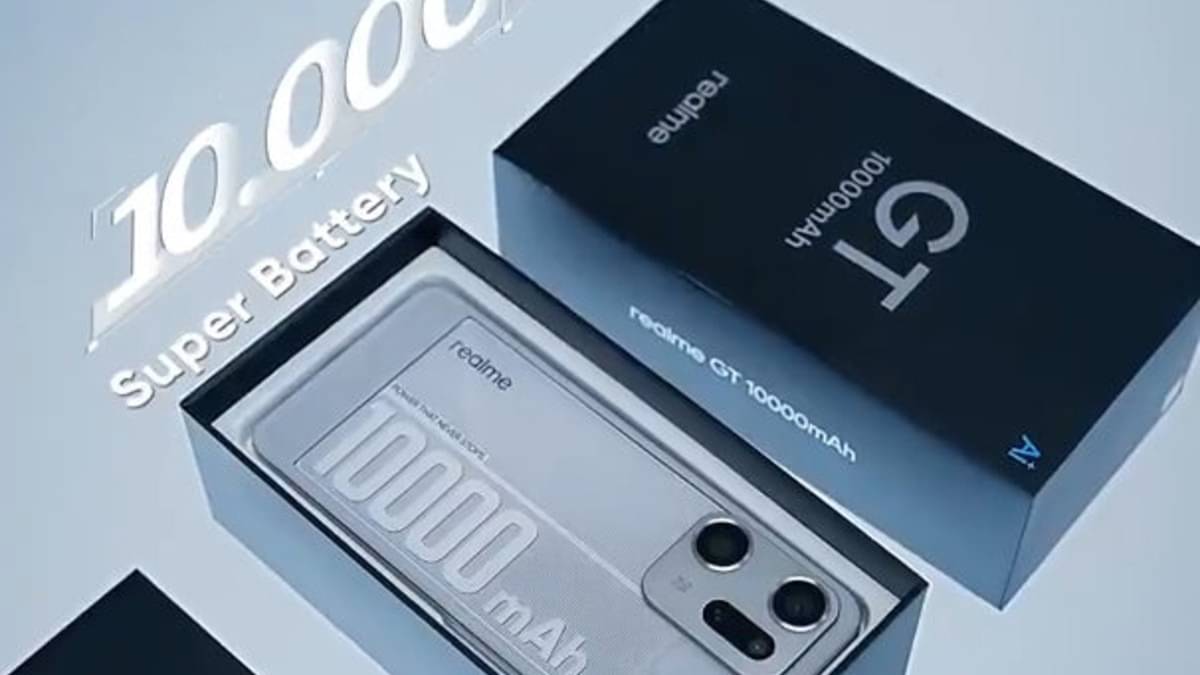- TECHSWU
- Posts
- TECHSWU
TECHSWU


Ever thought of heating your home with Bitcoin? In 2025, innovative tech enthusiasts are turning Bitcoin miners into cozy home heaters, merging cryptocurrency with real-world benefits. Those mining for digital gold are now discovering a dual-purpose hack: using the intense heat generated by ASIC miners to keep their homes warm while stacking Satoshis.
With Bitcoin prices around $85,000, this practical approach could cut heating costs dramatically, especially in colder climates. Imagine replacing a power-hungry heater with a miner that dispenses both warmth and crypto! Although potential earnings may be modest, the energy savings make this idea compelling.
It’s not about getting rich quick, but rather maximizing every watt. As more people explore this concept, the vision of buzzing miners nestled in basements offers a fascinating glimpse into a future where heating bills and crypto mining marry harmoniously.


A recent poll highlights that a significant 64% of Americans believe the government should step in to regulate artificial intelligence (AI). Conducted by Noble Predictive Insights, the survey reveals that concerns surrounding job security loom large, with 40% of respondents worried about AI taking their jobs.
Opinions vary—33% see AI as a potential threat to humanity, while others acknowledge it could disrupt the workforce but don't view it as a danger to society. Meanwhile, only 13% advocate for a hands-off approach to regulation.
As states like Colorado and Florida enact AI legislation, everyday citizens seem to find comfort in the idea of restrictions that promote safety and fairness in this rapidly evolving tech landscape. With concerns about innovation versus safeguarding livelihoods, the conversation about AI regulation is just heating up, reflecting a national appetite for a balanced approach to this transformative technology.

Argos is launching an irresistible deal, giving away free Fitbit Charge 6 fitness trackers with the purchase of the new Google Pixel 9a. But hurry—this offer expires today! For just £499, grab the smartphone packed with top-tier specs, including a stunning display and impressive battery life.
Once you purchase the Pixel, simply save your digital receipt and claim your free tracker by visiting the specified website after 14 days. The Fitbit Charge 6, worth £139.
99, is a fantastic companion for tracking your fitness goals with features like built-in GPS and heart rate monitoring.

Leica is pushing the boundaries of photography with the release of the M11-P, the world’s first camera equipped with encryption verification technology. This innovative camera embeds secure metadata into each photo, enabling immediate verification of authenticity—a game-changer amid the digital content era.
With its 60MP full-frame sensor and advanced noise-reduction features, the M11-P not only promises exceptional image quality, but also ensures that every snap carries a stamp of authenticity.
This groundbreaking move results from a collaboration with the Content Authenticity Initiative and Adobe, setting the stage for future content that is both encrypted and credible.
While the M11-P is designed solely for photography, the technology hints at exciting possibilities for video cameras down the line. As the industry evolves, this leap into content verification could reshape the way creators protect and verify their work.

In a significant policy shift, the U.S.
has terminated the de minimis exemption, which previously allowed Chinese goods valued under $800 to enter the country duty-free. Effective May 2, 2025, this change means that American consumers will face price hikes of up to 145% on many popular items from e-commerce giants like Temu and Shein, transforming the affordable shopping landscape.
President Trump, labeling the exemption a "scam," cited concerns over fentanyl trafficking and the negative impact on U.S.
jobs as key reasons for the decision. As these platforms adapt—Temu now sourcing from local sellers and Shein incorporating tariffs into pricing—shoppers should brace for higher costs and potential product shortages.
The repercussions may resonate far beyond the U.S.
, influencing global e-commerce dynamics and highlighting a budding tension between consumer access and protectionist policies. Ultimately, how we shop online is about to change—forever.


Realme is shaking up the smartphone landscape with its jaw-dropping GT concept phone, featuring an unprecedented 10,000mAh battery. Unveiled through a striking worldwide teaser, this innovative device showcases a compact design—just 8.
5mm thick and weighing 215 grams—paired with next-gen battery technology that includes a 10% silicon content for enhanced energy density. While still a concept, the Realme GT offers a tantalizing glimpse into the future of mobile power, challenging the industry norm of 5,000mAh batteries.
With this breakthrough, Realme is poised to redefine user expectations and eliminate the daily struggle for charging. If commercialized, this tech could revolutionize the way we experience smartphones, making battery anxiety a thing of the past.

In the ever-evolving world of technology, AI is revolutionizing Wi-Fi, making it smarter and faster than ever before. Traditional Wi-Fi often leaves users frustrated with weak signals, dead zones, and lag during peak usage.
Enter AI-powered Wi-Fi, a game-changer that learns user habits, optimizing internet connections in real-time to ensure seamless streaming, browsing, or working without interruption. It dynamically identifies and rectifies fluctuations in signal quality, eliminates dead spots, and guarantees top-notch security by blocking unauthorized access.
This intelligent connectivity transforms everyday internet experiences, catering to multiple users and devices simultaneously while enhancing performance and safety.